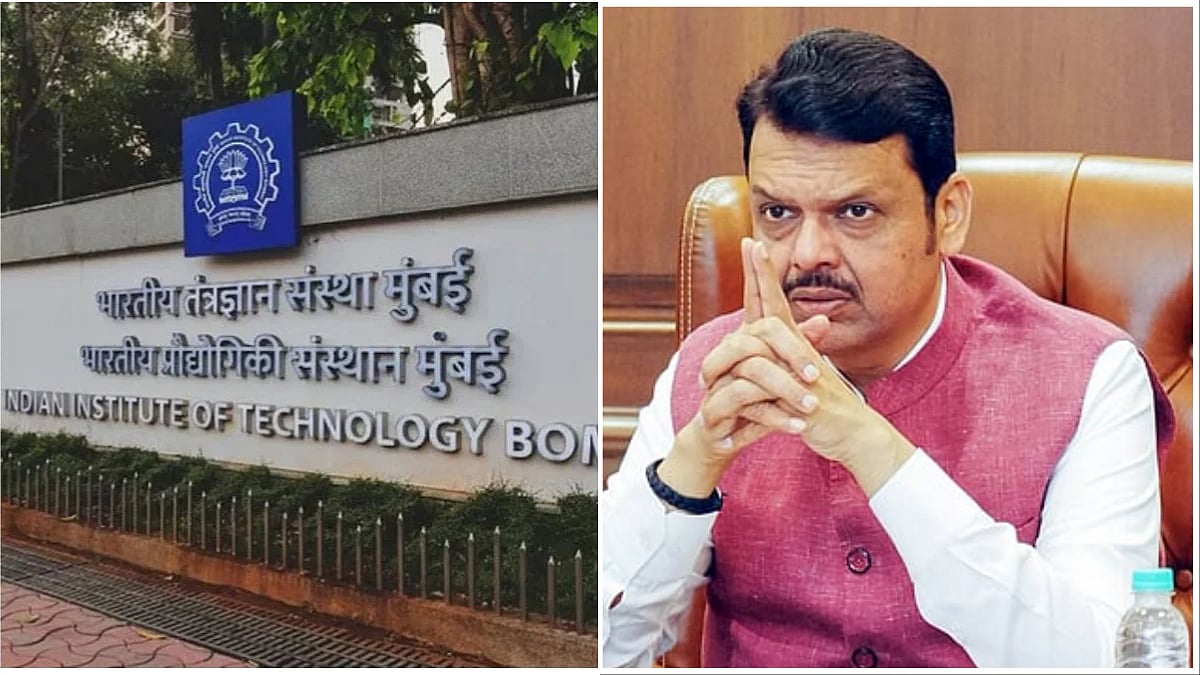Former Mayor Shubha Raul collected samples of water from the Dahisar river and got them tested. The test results revealed that the river contains highly toxic waste and high amount of sewage
Mumbai : Toxins from the Dahisar river, which was found to have high acidic substances and heavy metallic content, could be entering our food chain and leading to illnesses like cancer, city’s environmentalists claim.
Stalin Dayanand, who is an environmentalist with Vanashakti, told the Free Press Journal, “The sewage discharge in the river is not of as much concern as the discharge of heavy metallic substances is. Substances like lead, mercury, chromium are discharged as waste from small industries and are carcinogenic substances. They enter the human food chain as they are consumed by fish. The number of cancer patients in the city has gone up in the past decade because of what we consume.”
Moreover, even though the toxins eventually reach deep sea, the immediate affect the coastal areas where fishermen catch most of the fish from to be sold in the city’s markets.
Former Mumbai Mayor Shubha Raul collected samples of water from the Dahisar river and got them tested. The test results revealed that the river contains highly toxic waste and high amount of sewage. Raul said, “This is mainly due to unplanned urbanisation as newer slums are setting up on the banks of the river. Also, many small scale industries have come up on its banks that pump out liquid waste into the river.”
Toilets catering to these slums have sprung up on its banks that discard untreated sewage directly into the river. This is harmful not only for the river’s ecosystem but also for people living around this place. The stench produced by the river is unbearable and dirty water invariably leads to many water-borne diseases. Raul said, “In such cases, hygiene is at its lowest and we need to ban such activities with immediate effect.”
Rishi Agarwal, a city-based environmentalist, said, “These toxins disrupt the quality of coastal biodiversity. Over the years only highly resilient species of marine life have survived urban pollution, others have automatically disappeared. There has definitely been a sharp decline in coastal biodiversity.”
Agarwal believes that mangroves have grown resilient to a fair amount of pollution and are not damaged as much as we imagine them to be. Moreover, as nullah water enters the sea the oxygen deficiency balances out but nullah water pollutes coastal waters before its toxicity dilutes.






